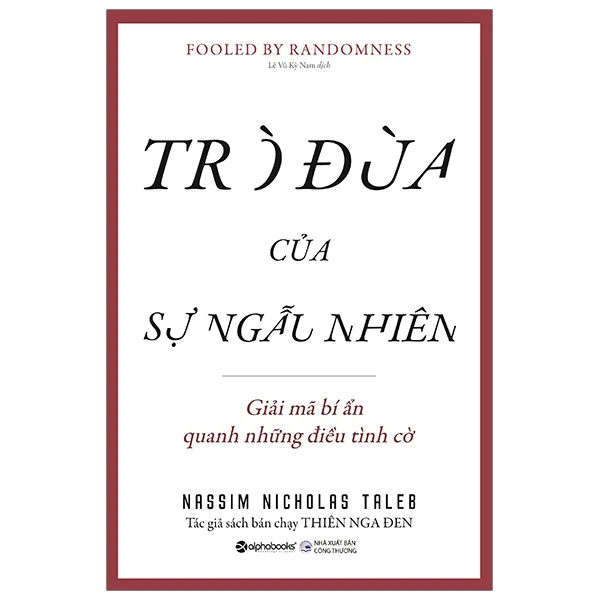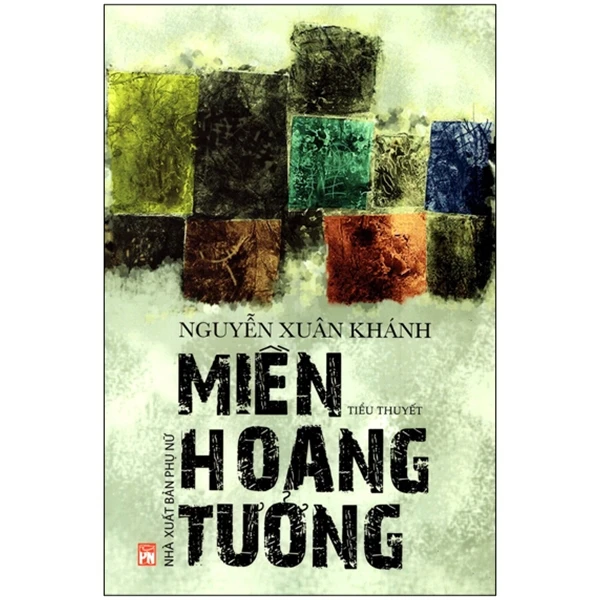To Kill a Mockingbird: A Timeless Classic, Still Resonating Today
Harper Lee’s To Kill a Mockingbird is more than just a novel; it’s a cultural touchstone. Published in 1960, its exploration of racial injustice, childhood innocence, and the complexities of morality continues to resonate with readers of all ages and backgrounds. Told through the perceptive eyes of Scout Finch, a young girl growing up in the racially charged South, the story unfolds with a captivating blend of childhood wonder and mature understanding.
The novel’s strength lies in its compelling characters. Atticus Finch, Scout’s father, stands as an unwavering symbol of integrity and moral courage, navigating a deeply prejudiced society with grace and unwavering commitment to justice. His unwavering defense of Tom Robinson, a wrongly accused Black man, is a pivotal moment that exposes the hypocrisy and brutality of the Jim Crow South. Scout’s own journey of discovery, alongside her brother Jem and their friend Dill, provides a poignant counterpoint to the adult world’s harsh realities. The narrative subtly reveals the children’s gradual understanding of prejudice and the complexities of human nature, making the story both engaging and thought-provoking.
Lee’s writing style is deceptively simple yet profoundly effective. The child’s perspective allows for a frank and unfiltered portrayal of events, making the harsh realities of racism all the more impactful. The vivid descriptions of Maycomb, Alabama, and its inhabitants create a palpable sense of place and time. The language is accessible, yet the underlying themes are deeply layered, inviting multiple readings and interpretations.
While the novel’s focus on racial injustice is undeniable, To Kill a Mockingbird also explores themes of empathy, compassion, and the importance of understanding different perspectives. The lessons learned by Scout and Jem are timeless, reminding us of the enduring power of kindness, courage, and the constant fight against prejudice.
However, the novel isn’t without its criticisms. Some argue that its portrayal of Black characters is limited, and its perspective, though insightful, is inevitably constrained by the time and context in which it was written. These criticisms, however, shouldn’t overshadow the book’s significant contributions to literature and its enduring power to spark conversations about social justice.
In conclusion, To Kill a Mockingbird is a must-read for anyone seeking a powerful and moving story that explores profound themes with grace and intelligence. It remains a timeless classic, continuing to challenge and inspire readers generations after its publication. Its legacy lies not only in its literary merit but also in its unwavering call for empathy, justice, and a more equitable world.


 Đang tải dữ liệu
Đang tải dữ liệu











Chia sẻ ý kiến của bạn